
Leslie Oman is a senior leader and innovative IT intrapreneur. She proved her value on the post-merger integration of the Price Waterhouse and Coopers Lybrand Canadian IT teams, successfully leading the internal IT team to create innovative solutions that were rolled out to PwC Canada-wide and globally. From there she made the rare move from cost center to the revenue generation side of the business as a consultant. She progressed through several roles and organizations, earning her MBA along the way and eventually landed at Deloitte in M&A consulting. Having built this impressive career, she decided to . . . stop. After a period of reflection, she is focusing on board work and has been invited to join a new advisory board being created at the University of British Columbia (UBC) to guide their digital transformation.
What inspired you to leave such a successful career to pursue board work?
Getting my priorities in order; getting my health back. Becoming a vegetarian and spending more time with my family than I had in years. This is time I won’t get back. What I found I was doing without being paid was connecting people and helping them transform on their own career journeys. Through all of that, I looked at myself and said, “this is what I love to do.” The next role needs to involve these connections; being a knowledge mentor; helping and advising people and companies. One of the best ways to do that would be to serve on boards. So I started talking to people that I knew were already on boards about their own experiences to try to test that against what I knew I wanted in my life. I decided that I wanted an advisory role for one or two interesting companies where I could really help make an impact. And I wanted to be on one or two boards for companies undergoing significant digital transformation.
What role have mentors and sponsors played?
I think that women might typically have a coach and a mentor, but they may not know they need a sponsor: someone who is vital to your career; who understands your capabilities, and opens doors for you. A mentor will guide you strategically based on their experiences, and a coach helps you tactically with the play by play. All of those things have been vital for me. I’ve been able to serve in each of those roles myself for others, and I’ve sought coaches, mentors, and sponsors in my life that have really made a difference. Mid-career my sponsor retired, my mentor left the firm, and I changed jobs all within a year. It took me a couple of months to figure out why I felt so untethered. The structure was gone. It took me a long time to rebuild it.
Consistently, I’ve built strong, trust-based relationships and worked to provide guidance where I feel can make a positive difference. When I build a relationship, it’s a real relationship. These are people whom I like and I want to help. Recently, I was catching up with a former client who has become a friend and let him know I wanted to serve on boards. He said that he was forming a technology advisory board at UBC and asked me if I would consider it. Of course – in a heartbeat!
What advice would you give other women at the beginning of their board journey?
Seek advice from folks who are well into their board journey. I’m following the advice I’m getting, and I feel strongly that it’s working. The advice relates to consistently networking, being prepared, continuing to help others, and sharing your own goals and aspirations. I’m also looking around, figuring out the companies that I think are going through the types of digital transformation that are a good match for me.
How are you focusing your search?
I’m creating buckets related to industries that I have experience in. Digital banking, technology, higher education, mining, professional services, and private equity, etc. Not just from an IT perspective but from my significant experience with integration, innovation, and transformation–leveraging people and technology to create transformational change. Plus, their values have to resonate with mine. Would I feel excited about helping this company on their journey? Would it be a company I’d be proud to serve? That matters to me.
What would you tell your younger self that you wish you had known then that you know now?
Trust yourself. Hold your nerve. Breathe and keep moving. Many times I’ve been slowed down by fear and not listened to my own instincts. If I’ve proven anything to myself, it’s that my instincts are solid. Check in with people who love you and check with your network, your mentors, your sponsors to see if they also have the same sense of what is possible for you. And then, go for it.
Zita Cobb said, “what you do will become forever what you’ve done.” To me, that means in every moment, in every interaction, everything you say and create, you’re laying it down like a ticker tape behind you. And that is forever what you’ve done. So, work to be proud of every moment.
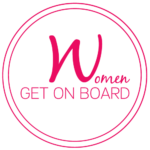
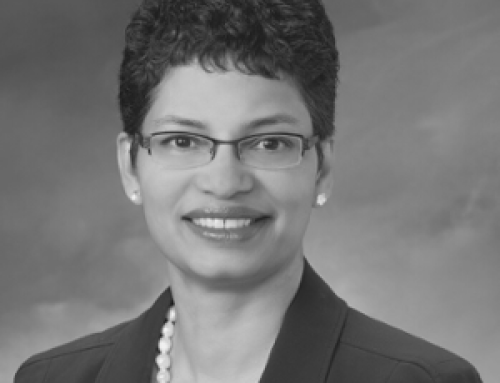
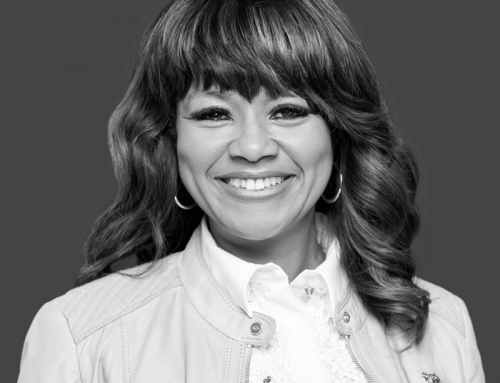
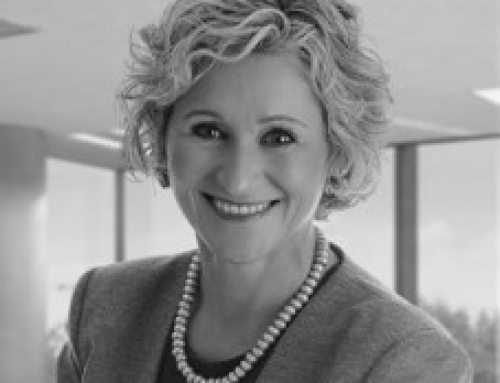
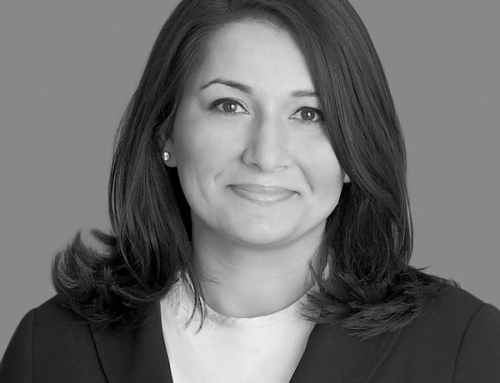
Leave A Comment